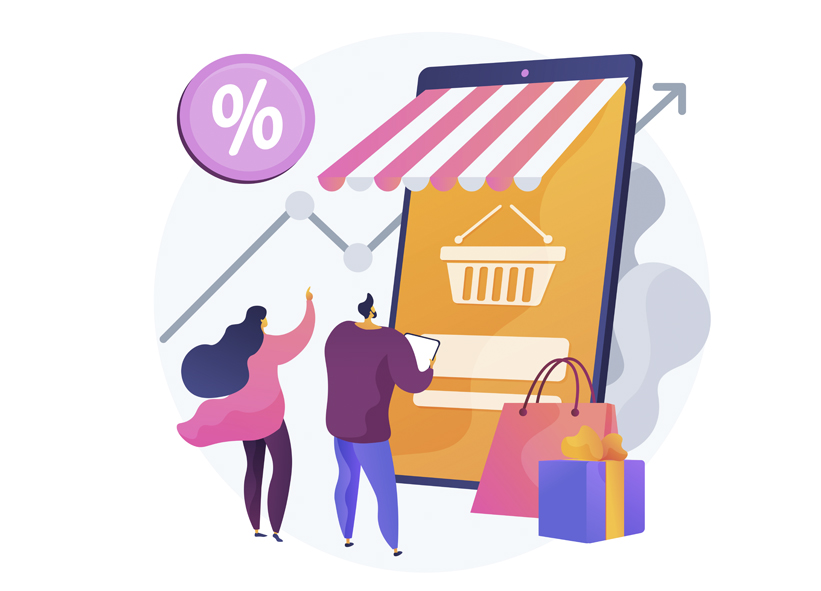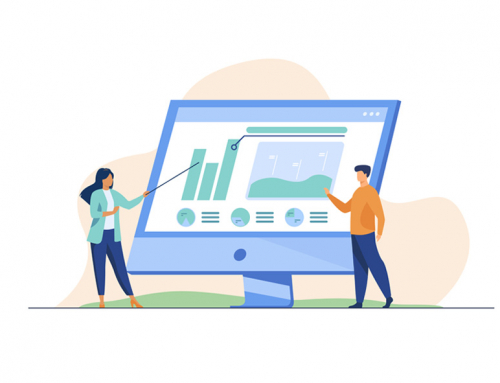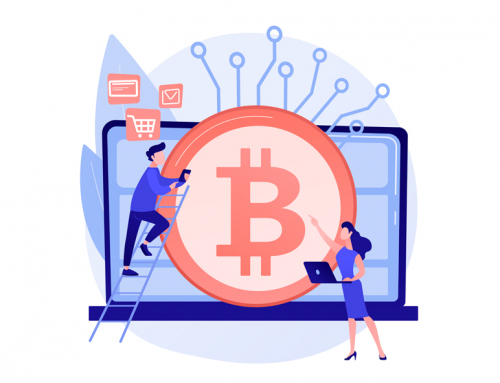We live in times of change. The coronavirus crisis has completely changed things we had previously taken for granted. From greeting with two kisses to working in the office, many of our daily actions have experienced a radical upheaval in recent months. This has also been the case for our companies, which have had to look for new solutions to survive the crisis and have found a new ally: e-commerce.
The year that changed everything: 2020.
For many reasons, 2020 has been a period of multiple changes in our daily lives. The coronavirus has had a huge impact on people’s lives. Our habits have changed, our values have been rearranged, even the way we relate to each other is now different, but if anything, it is the way we consume.
Since the confinement, most supermarkets have reinforced their online ordering and home delivery system to be able to respond to a demand that was, until then, unheard of. This has also been the case for many businesses that closed their doors due to the non-essential business stoppage, but continued to be active through their online platforms, accumulating orders for the return to normality.
The value of pymes
In Spain, our productivity is essentially based on the economic muscle of SMEs.
It is clear, therefore, that SMEs bear the weight of our economy and that we owe them the lion’s share of job creation and the wealth of our country brand.
However, it is a sector that is always highly exposed to social impacts, deeply affected by the ups and downs of our economy and most at risk from disruption or forced closures. Their liquidity reserves tend to be more modest than other large or multinational companies and the credit they have access to is often more limited due to the scarcity of assets. This vulnerability has been particularly visible during the health crisis, as SMEs have been among the hardest hit sectors.
SMEs, responsible for job creation and the wealth of our country brand.
bycomercial.com, on the side of pymes.
The year 2020 has been a key year for many sectors, a moment of total change in which all the foundations have been shaken. The pandemic has caused an earthquake that has affected global structures and has generated changes so profound that we still do not know their real scope, but if there is one sector that has been strengthened this year, and not only because of the coronavirus, it has been the technology sector.
Since the beginning of the health crisis, the entity has wanted to be part of the solution to the situation generated by the coronavirus.Digital commerce, an ally of SMEs
Technology companies have launched a number of digital tools to boost e-commerce and thus support consumption.
Bizum
Bizum is a platform hosted on the bank’s app, through which you can send and receive money immediately and totally securely. You only need to have the recipient’s telephone number to carry out the transaction. Fast and secure.
Bizum, a platform through which you can send and receive money.
Through the virtual POS, customers can access this powerful marketing tool, with which SMEs and businesses can build loyalty and offer discounts, advantages and exclusive experiences to their customers, to boost their sales, within the context of recovery after the health crisis.
How does it work?
Accessing this giant showcase is very easy. There are just a few simple steps to follow.
– Companies can start by filtering the type of customer they want to target, based on the information they already have about their business.
– They design an amazing offer that they know their customers will be interested in.
Thanks to this service, companies can measure the results they are getting with their offers, such as total sales data, the number of customers who received it, their bonuses… and learn how to launch their campaigns according to the information they receive.
In addition, they have access to a history to review campaigns, re-launch them and consult their data whenever they need to.
The much talked about digital transformation, incipient developments and even some solutions that we had forgotten or that had lost their usefulness have been reclaimed and play a key role in our daily lives. From telework to communication, entertainment or new products, the industry has experienced a boost rarely seen before.






